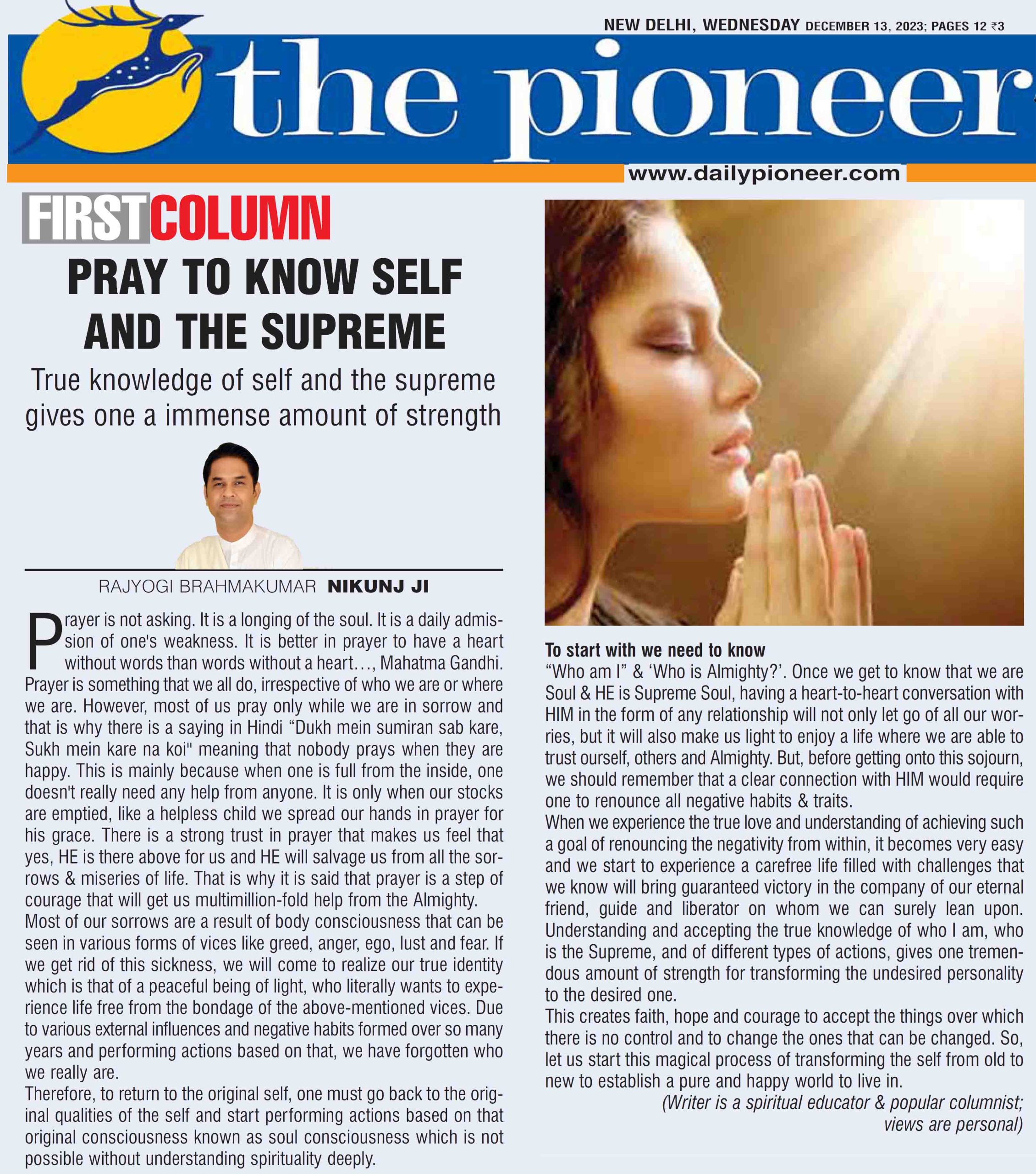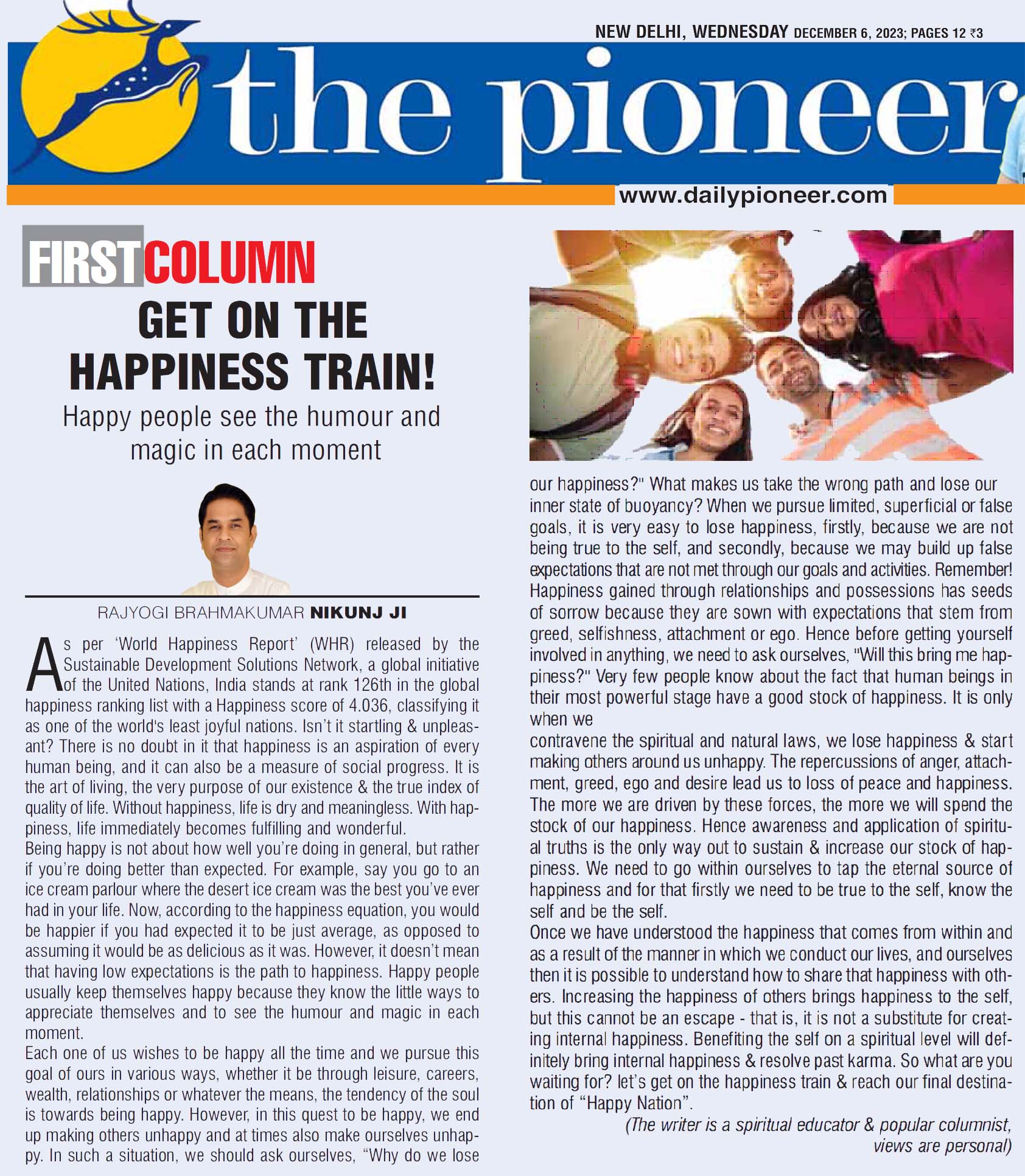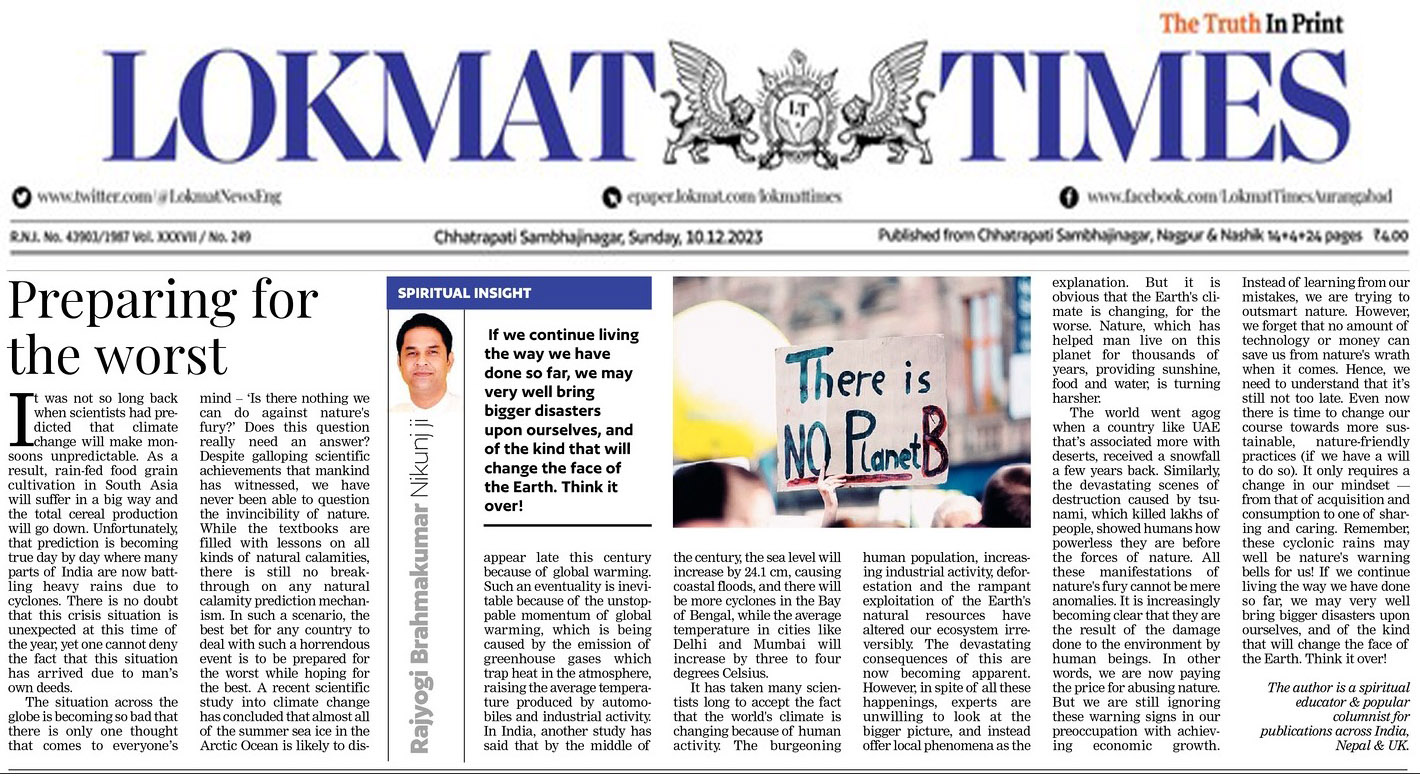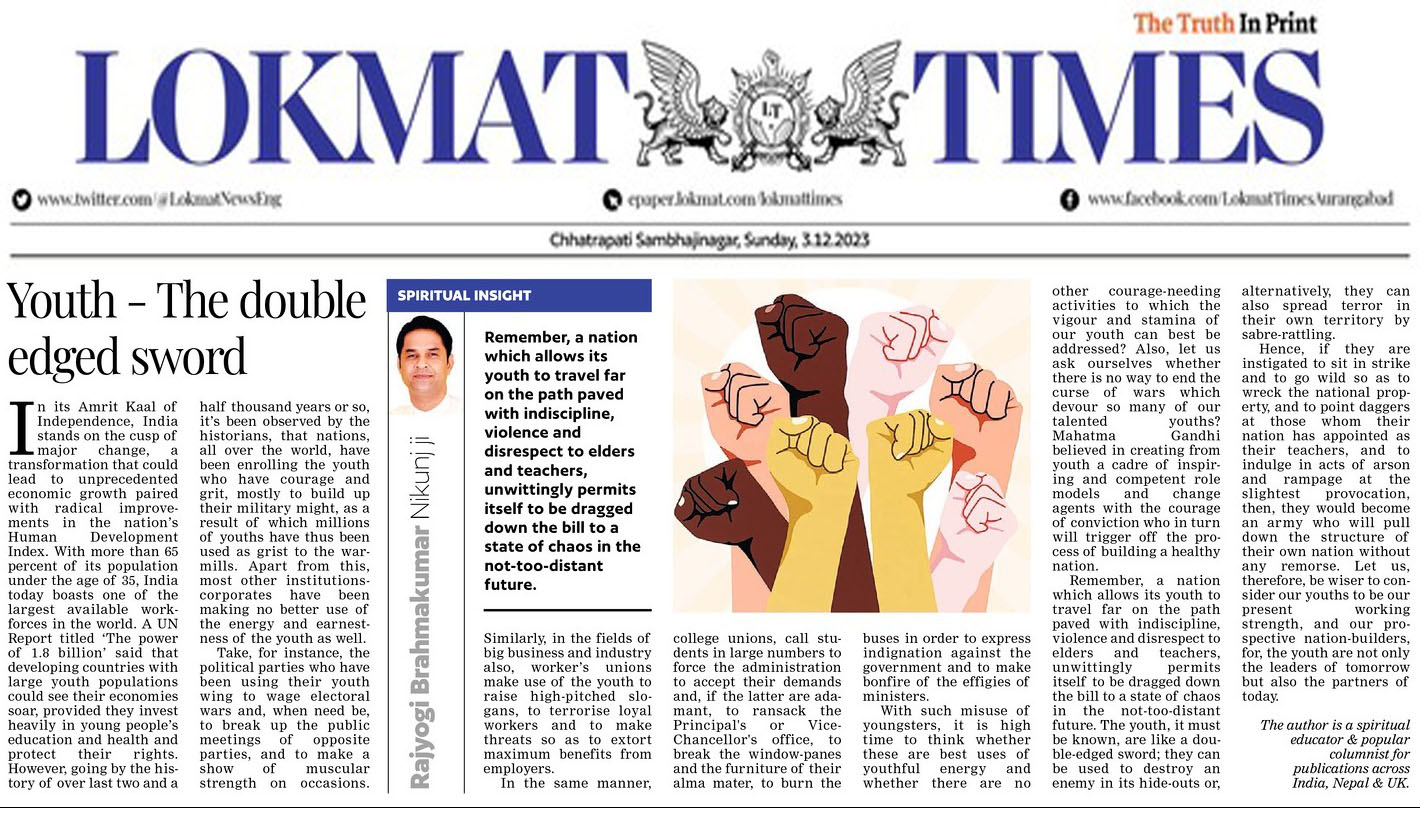
A statement that’s heard nowadays very often in conversations about any political issue is: “Government has no right to enforce morality on other people.”
Isn’t it ironical that one section of society keeps on saying that something is immoral, and the other side will claim that it doesn’t matter, that the government should not be in the business of enforcing morality. The idea that government should be morally neutral is an old one.
It holds that society can be compared with a complex game in which different people have different goals and follow different values, and the role of the state is to enforce the rules of the game. So the government should be like a referee in a game of football and that it should not take sides or support any one player’s goals and values, but merely ensure that everyone follows the rules. In political parlance, there are two well-known dicta which seem to contradict each other but which have a lot of meaning. Both of these are about governance.
One of these says: That government is the best which governs the best. Whereas the first dictum implies that the government ought to limit its activities only to such matters as relate to the State, or to the community at large, leaving enough scope for personal liberty, and ought to give various kinds of freedom to citizens as individuals, whereas the other one stresses upon the quality of governance and upon not being lenient or lax in matters relating to maintenance of law & order, etc.
The second dictum also implies that it is not the form of government that matters most rather, it is the actual quality of governance that is mainly important.
However, we find that it is now widely believed that Democracy is the best form of government that can deliver the goods even though Plato, in his classification of various forms of government, had opined that democracy is a perverted form of government. A question is, therefore, asked whether some kind of Democracy really helps us to realise the vision, encapsuled in the aforesaid dicta ? Democracy, according to a popular adage is “a government of the people, for the people and by the people”.
But what is the de facto position? We all know very well that , in actual practice, an elected legislator represents only his party and his party’s policy and its manifesto. He works for the benefit of his party’s policy and its manifesto. Thus, he does not represent all the people. He works for the benefit of his party as well for his own.
Once an elected person possesses power, he begins to enlarge his own area of influence and to garner all kinds of benefits for himself. So, how can we say that he is a representative of the people and for the people? This should be possible only if he has no selfishness and is above narrow considerations of party, caste, community, language and race, and has the motives of service and broader considerations. But the electoral policy strikes at the root of some or most of these values because, generally, everyone represents a particular group and keeps the interests of that group uppermost in his mind. Thus, he represents, at best, only a segment of the society and not whole society. This leads to the spirit of opposition of each other and results in divisionism.
It is often found that during the time of elections, people generally do not exercise their own individual judgement, instead they follow the herd-mentality which is the very antithesis of democracy. And yet this has become a common feature of our polity. Now, leaving all other aspects, including that the parliamentary democracy developed through such bloody events as royal beheadings, rebellions and torture, it needs hardly any elaboration that unless the people are of good moral quality, the representatives elected by them or by their parties cannot be of good quality and such people will only promote and perpetuate crime and corruption and such a government cannot be the best.
So, in order to have a government that governs the least and the best, it is necessary that the moral stature of the people be raised high through education in values. And when all or most of the people will be of strong character, then parties and sectional representatives will not be required at all.






